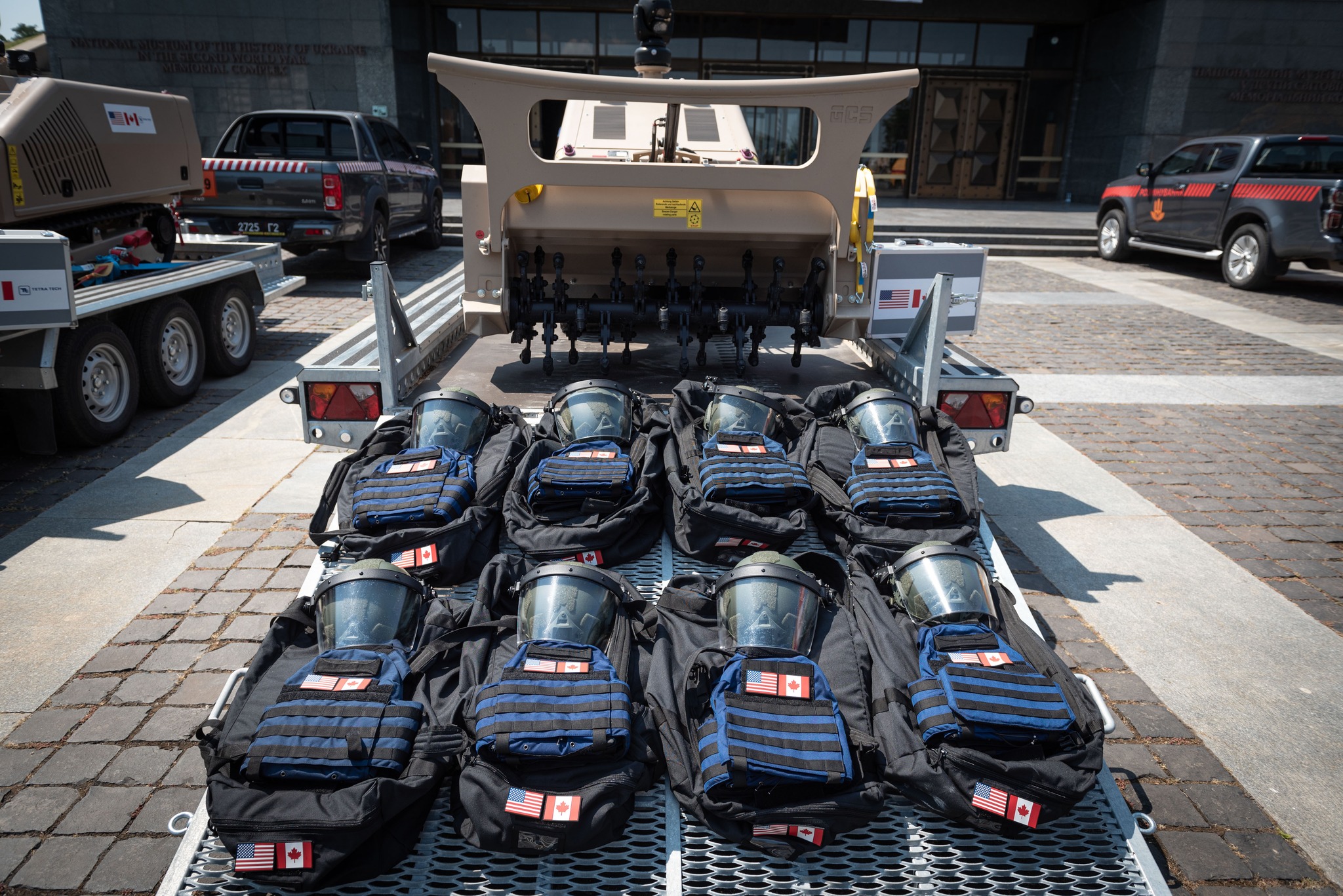



Bulgarian President Rumen Radev has vetoed the country's plans to send 100 surplus armored personnel carriers (APCs) to Ukraine, sending the arrangement back to parliament for reconsideration. In explaining the veto, signed off on by parliament last month, Radev said on December 4 that lawmakers needed to assess if the vehicles -- last deployed in the 1980s -- were expendable and not of possible use to Bulgaria in case of emergencies. Under an agreement signed with Kyiv in August, the APCs were to be provided free of charge. The deal will now go back to parliament for a second vote.
According to the Ministry of Defense of Ukraine, since March 2022, over 110 samples of automotive equipment have been approved for use in the Armed Forces. Of these, 60 have been adopted in the past five months. The vehicle fleet of the Armed Forces currently includes equipment from more than 20 countries, including the United States, Germany, Sweden, the United Kingdom, Italy, and others. The approved equipment includes armored vehicles, off-road vehicles, self-propelled artillery systems, and heavy armored vehicles. More than a third of the approved models are of Ukrainian design and manufacture, including special vehicles, armored vehicles, trucks, all-terrain vehicles, and electric motorcycles. The codification and approval of domestic production equipment with a NATO nomenclature number allows for its purchase using the state budget. The renewal and replenishment of the vehicle fleet enhances the mobility and combat capability of the Ukrainian military.
In a separate development, a shipment of new riot vehicles and firetrucks has arrived in New Caledonia for the security forces, including police and firemen. The shipment contained 10 armored vehicles and 15 other vehicles for local firefighters. The vehicles will be used to renew or replace damaged equipment. The armored vehicles will be added to the six others already deployed in New Caledonia. In addition, a batch of light armored vehicles with reinforced windows has also been delivered. The unrest in New Caledonia began in mid-May and has resulted in the deaths of eight civilians and two French gendarmes. Several hundred businesses and private residences have been destroyed, causing an estimated cost of 2.2 billion euros. Pro-independence activists have been indicted and flown to metropolitan France, where they are serving pre-trial detention. Two women in the group have been released but will remain under home detention.
Ukraine has received GCS-100 demining vehicles and specialized equipment from the US. The transfer included four GCS-100 vehicles, four GCS-100 trailers, four mobile service stations for the GCS-100, and five JCB excavators with armored cabins. The total value of the supplies exceeded $5.8 million. The equipment was procured by the American company Tetra Tech, which is implementing an international technical assistance project funded by the US and Canadian governments. The GCS-100 is a universal, compact, and easy-to-use platform designed for neutralizing explosive devices. In June, the US government sent over a new aid package to Ukrainian explosive ordnance disposal units, including GCS-200 mechanized demining vehicles.
Sources: [b40257ed] [4d9d5ef1] [d76f14ee] [0d23f043]